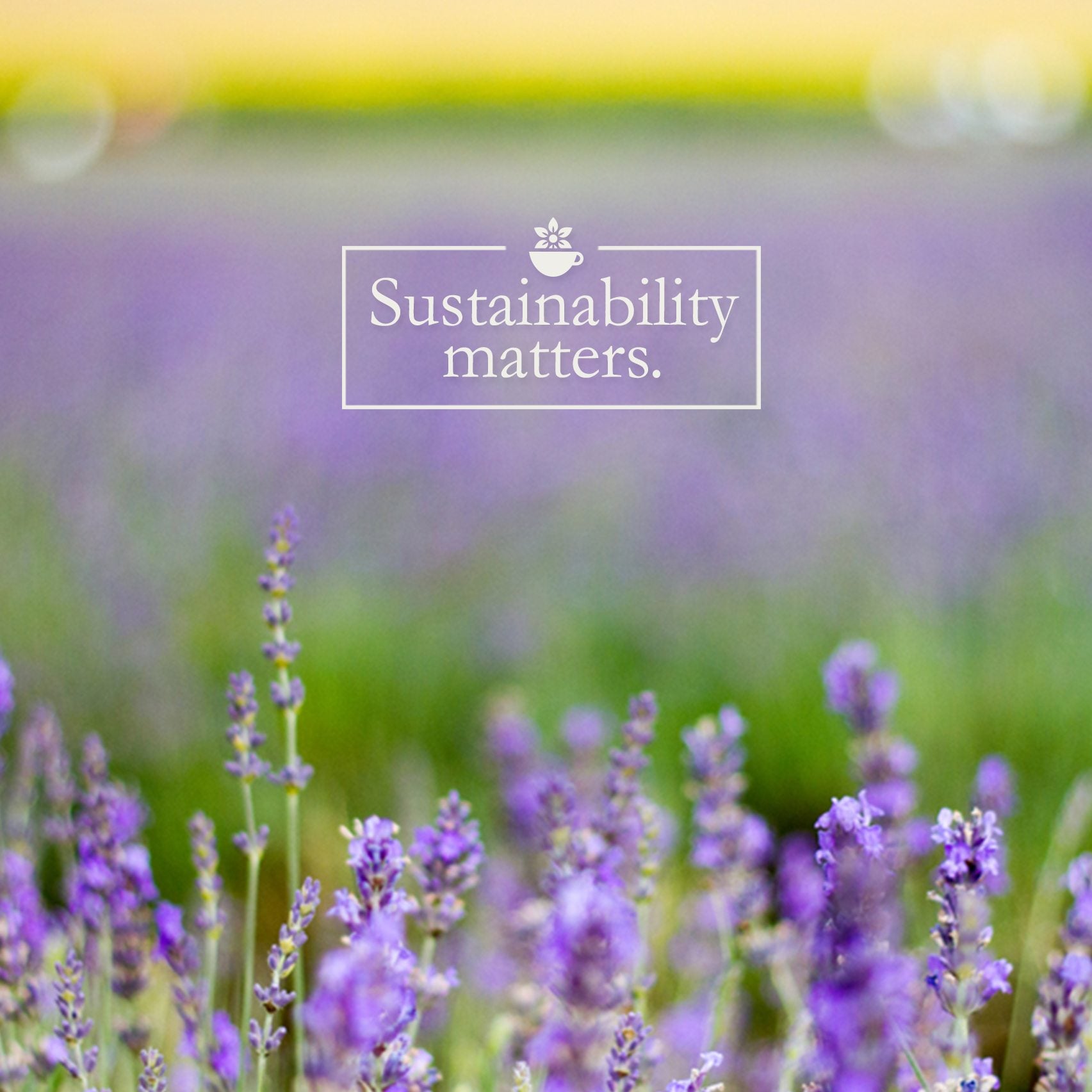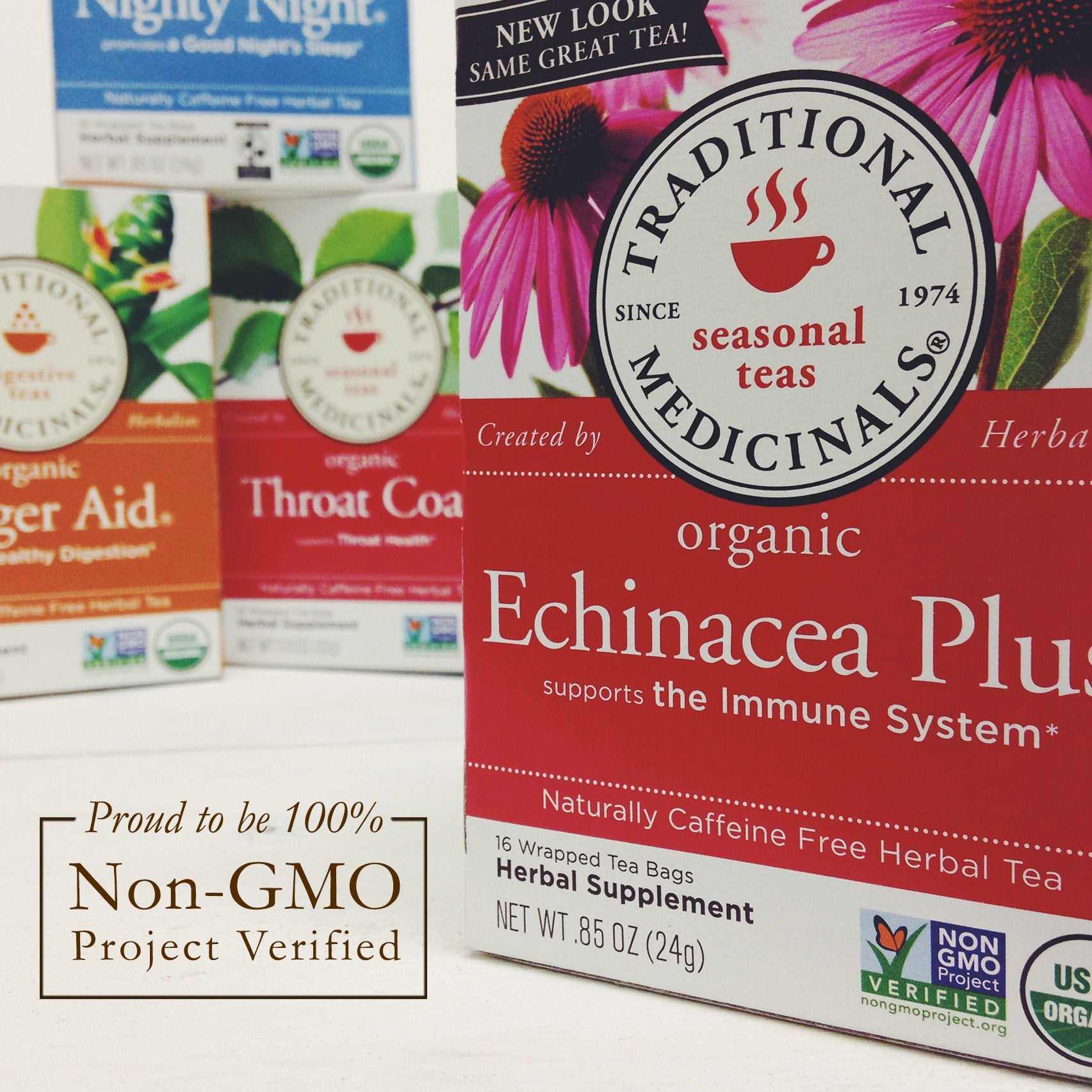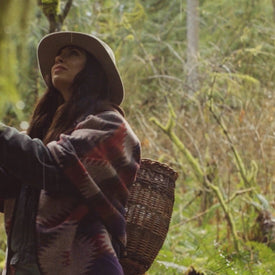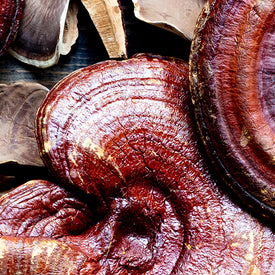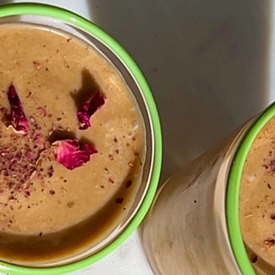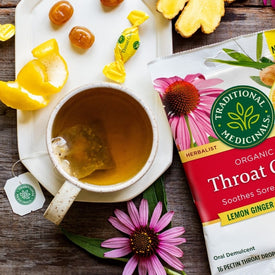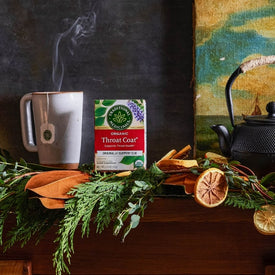Q. How is sustainability core to TM’s foundational story?
Promoting environmental activism and social justice are core principles embodied in our mission statement. Our business model is dependent on uninterrupted ‘access’ to ever-increasing quantities of unique and high quality medicinal plants that must be sustainably harvested from wild populations occurring in sensitive ecosystems and/or are farmed in their traditional growing regions.
We have learned that long-term trusting and equitable trade relationships with local, rural or indigenous communities who traditionally collect herbs for household income can cover the costs of natural resource management (social, economic and environmental sustainability), enabling our producer partners to be economically viable and reliable.
Q. What are some of TM’s landmark sustainability accomplishments over the past 40 years?
We take pride in our pioneering approach toward using organic ingredients. In the 1970’s we forged a relationship with America’s first major organic medicinal plant farm, Trout Lake Farm, and we still buy herbs from them today. Both Traditional Medicinals and Trout Lake Farm played a role in back-to-the-land, social, environmental and organic farming movements of the 1970’s.
By 1980, we collaborated to market the first range of “organically and domestically grown” herbal teas in the U.S. to encourage people to support American farmers and sustainable agriculture. This was two decades before the USDA National Organic Program (NOP) became law.
Q. Among your sustainability accomplishments in 2013, which are the most significant?
In 2013, 100% of our herbal teas were non-GMO Project verified and nearly 100% were certified organic with over 50% of products carrying fair certification labeling.
Q. Can you expand on TM’s sustainability operations?
We are committed to annual sustainability reporting, which allows assessment and rating by independent sustainability organizations. This reporting doesn’t stop with our actual products, but how we formulate them and operate as a company.
After installing 1,450 solar panels at our manufacturing facility in Sebastopol in 2008, our solar panels generated just over half of the electricity we need to operate for all of our facilities.
In 2014, we purchased enough Green-e-Energy® certified Renewable Energy Certificates (RECs) to offset 100% of electricity not produced by our own solar panels.
We also recently joined the new locally controlled renewable energy initiative Sonoma Clean Power (SCP) CleanStart program, which provides us with a much-improved renewable power mix for the electricity we still need to purchase.
Q. Why is sustainable sourcing a cornerstone to TM’s business model? Can you share an example of a community that has been impacted by this model (measuring economic, ecological and social sustainability)?
We are committed to sourcing botanical ingredients according to rigorous sustainability standards, including criteria for measuring ecological, economic and social sustainability.
One particular impact we are proud to share is the social business partnership known as the Revive! Project®. This involves helping with water and food security, health and hygiene, education, community development and women’s empowerment for the farming families of the Thar Desert in Rajasthan, India. This community depends on the cultivation of the medicinal plant Sonamukhi (senna).
The long-term goal of the project is to create a social business partnership focused on the reduction of poverty through organic farming that can be replicated in other communities in the Thar Desert and around the world.
Q. What are some of the certifications TM prides itself to have?
We have earned a range of ingredient-level (FairWild), product-level (Non-GMO Project Verified) and company-level (Certified B Corp) certifications and designations.
At the company level, we’re very proud to have become a California Benefit Corporation in 2014. Although we have been a Certified B Corporation since 2010, in order to meet the legal standards for B Corp certification and to maintain certification, a company must elect Benefit Corporation status within 4 years of the effective date of B legislation in their state.
California Governor, Jerry Brown, signed the California Benefit Corporation legislation into law in October 2011, which meant that we had until 2015 to officially elect Benefit Corporation status necessary to maintain our B Corp certification.
We are also a California Certified Green Business, a Green America® GOLD level certified Green Business and a U.S. Environmental Protection Agency (EPA) Green Power Partner.
Q. How is sustainability core to TM’s foundational story?
Promoting environmental activism and social justice are core principles embodied in our mission statement. Our business model is dependent on uninterrupted ‘access’ to ever-increasing quantities of unique and high quality medicinal plants that must be sustainably harvested from wild populations occurring in sensitive ecosystems and/or are farmed in their traditional growing regions.
We have learned that long-term trusting and equitable trade relationships with local, rural or indigenous communities who traditionally collect herbs for household income can cover the costs of natural resource management (social, economic and environmental sustainability), enabling our producer partners to be economically viable and reliable.
Q. What are some of TM’s landmark sustainability accomplishments over the past 40 years?
We take pride in our pioneering approach toward using organic ingredients. In the 1970’s we forged a relationship with America’s first major organic medicinal plant farm, Trout Lake Farm, and we still buy herbs from them today. Both Traditional Medicinals and Trout Lake Farm played a role in back-to-the-land, social, environmental and organic farming movements of the 1970’s.
By 1980, we collaborated to market the first range of “organically and domestically grown” herbal teas in the U.S. to encourage people to support American farmers and sustainable agriculture. This was two decades before the USDA National Organic Program (NOP) became law.
Q. Among your sustainability accomplishments in 2013, which are the most significant?
In 2013, 100% of our herbal teas were non-GMO Project verified and nearly 100% were certified organic with over 50% of products carrying fair certification labeling.
Q. Can you expand on TM’s sustainability operations?
We are committed to annual sustainability reporting, which allows assessment and rating by independent sustainability organizations. This reporting doesn’t stop with our actual products, but how we formulate them and operate as a company.
After installing 1,450 solar panels at our manufacturing facility in Sebastopol in 2008, our solar panels generated just over half of the electricity we need to operate for all of our facilities.
In 2014, we purchased enough Green-e-Energy® certified Renewable Energy Certificates (RECs) to offset 100% of electricity not produced by our own solar panels.
We also recently joined the new locally controlled renewable energy initiative Sonoma Clean Power (SCP) CleanStart program, which provides us with a much-improved renewable power mix for the electricity we still need to purchase.
Q. Why is sustainable sourcing a cornerstone to TM’s business model? Can you share an example of a community that has been impacted by this model (measuring economic, ecological and social sustainability)?
We are committed to sourcing botanical ingredients according to rigorous sustainability standards, including criteria for measuring ecological, economic and social sustainability.
One particular impact we are proud to share is the social business partnership known as the Revive! Project®. This involves helping with water and food security, health and hygiene, education, community development and women’s empowerment for the farming families of the Thar Desert in Rajasthan, India. This community depends on the cultivation of the medicinal plant Sonamukhi (senna).
The long-term goal of the project is to create a social business partnership focused on the reduction of poverty through organic farming that can be replicated in other communities in the Thar Desert and around the world.
Q. What are some of the certifications TM prides itself to have?
We have earned a range of ingredient-level (FairWild), product-level (Non-GMO Project Verified) and company-level (Certified B Corp) certifications and designations.
At the company level, we’re very proud to have become a California Benefit Corporation in 2014. Although we have been a Certified B Corporation since 2010, in order to meet the legal standards for B Corp certification and to maintain certification, a company must elect Benefit Corporation status within 4 years of the effective date of B legislation in their state.
California Governor, Jerry Brown, signed the California Benefit Corporation legislation into law in October 2011, which meant that we had until 2015 to officially elect Benefit Corporation status necessary to maintain our B Corp certification.
We are also a California Certified Green Business, a Green America® GOLD level certified Green Business and a U.S. Environmental Protection Agency (EPA) Green Power Partner.


